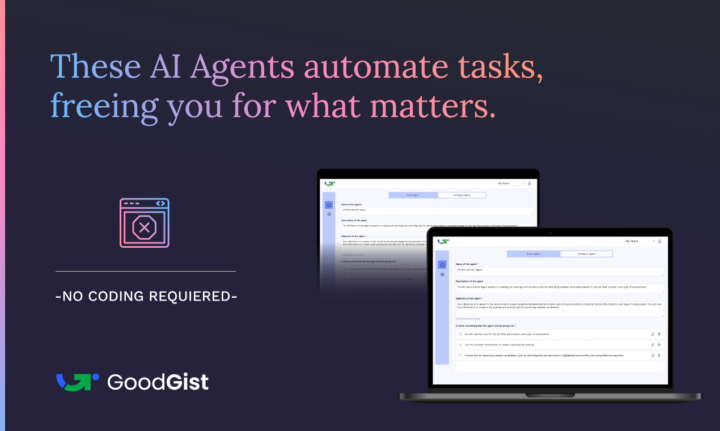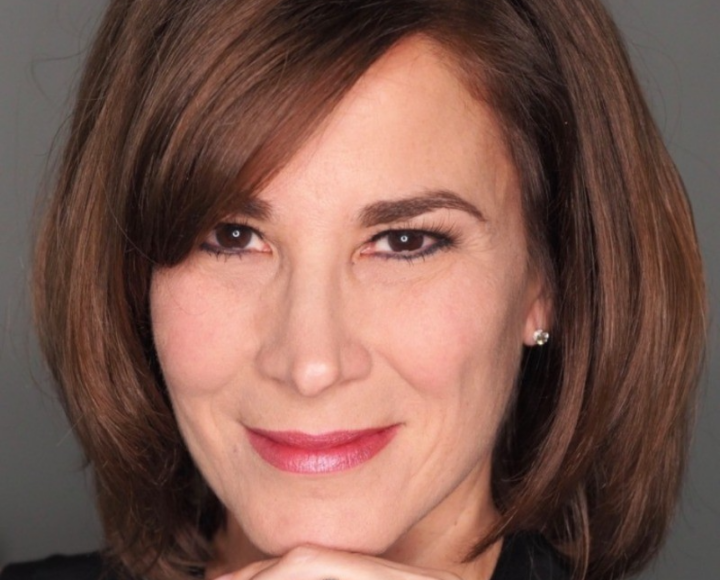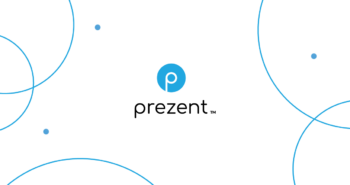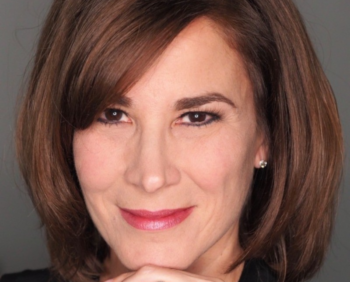 “Yeah, if only The Social Network came out while I was looking at colleges, I’d’ve likely gone to a place that looked like this.” Colin Young and I were climbing the stairs of the University of Chicago’s Reynolds Club, the student union, which, to be fair, does indeed look something like David Fincher’s upper-crust phantasm of Harvard.
“Yeah, if only The Social Network came out while I was looking at colleges, I’d’ve likely gone to a place that looked like this.” Colin Young and I were climbing the stairs of the University of Chicago’s Reynolds Club, the student union, which, to be fair, does indeed look something like David Fincher’s upper-crust phantasm of Harvard.
Stop me if you heard this story before. A young college entrepreneur starts a company that promises to bring into focus one’s entire online presence, control one’s social status and public profile, send messages, manipulate, command, search for and retrieve data, etc. Its lean, intuitive interface is magnetic. And so on and so forth. Hold it right there, Ben Mezrich, I found Colin Young first.
Colin is one of those guys who grew up everywhere: Wisconsin, California, and Illinois, and “not always in that order, and with multiple instances of each.” Imagining how a film director might depict this, I’m inclined to say it would involve a panning shot across grassy plains, farmland, some random place in California, and then again to amber waves of grain.
Cut to a little kid tinkering with something on a screen. “Basically, I’ve always played with computers.” Said Young, “My dad played an important role in getting me into computers, letting me play with an old DOS box and a set of simple games on 5” floppies.” At age 10, Colin broke his father’s Windows 98 install, and he [Colin’s father] bought Windows XP as a fix. “After that,” Young recalls, “I can trace the earliest programming I ever did to modifying Starcraft 2 maps.” Without knowing it, Colin was doing some rudimentary programming at age 12 or 13, and began programming in PHP and HTML at 14. It’s okay, Starcraft was a gateway drug for a lot of us.
Now, Colin, so achingly close to being 21 years old, is in the midst of launching what promises to be a highly anticipated web-app, Cloudbot, which Flyover Geeks named Chicago’s #1 tech startup a few weeks ago. I wanted to know about Colin’s roots in tech entrepreneurship. “I definitely learned to code before I got entrepreneurial; but then again, I got entrepreneurial before I knew what the word meant. I just figured I should be paid for making a website.” Colin started Shortwave Designs, a web-design firm, and ran it throughout high school. After a potential partner backed out his freshman year, Colin regrouped, “made it a sole prop and went in on it alone.” More recently, though, he had a digital creative internship in 2008, and an 18-month internship-turned-job where he wrote a “custom [content management system],” he is still “really proud of” which “solved tight scalability problems.” Most recently, he’s worked as Lead Developer at midVentures, where he was again proud of shipping three iPhone apps and helping to plan and run the midVentures LAUNCH event.
Of his experience at DePaul University, where he is studying computer science, Colin demurred to my (leading) questions about college. Colin, like most young people in tech, is primarily autodidactic. Young claimed that 80% of what he did with Shortwave and his previous work experience, what he is now putting to work on his biggest project yet is largely self-taught, but the remaining 20% of value added from school was “kind of critical.” All the liberal arts stuff, “I don’t think those things are necessary to be an okay coder or an okay entrepreneur, but I think they’re important to be great. I don’t think you can teach yourself those things without motivation and interest. I taught myself to code because I had both. The other things [all the liberal arts stuff] had to be taught to me, although now I see they’re really important.” Although Colin claims that college programming courses are not necessary if one has the motivation to teach oneself, he suggested a minor reformatting to improve them: “hackathon after hackathon, which some project-oriented courses… if it’s like an apprenticeship you get credit for, that’s great.”
Colin, in a retrospective moment, asserts that for him, entrepreneurship was innate and fostered by his parents. “I’m not convinced it had a lot to do with programming, other than that I was able at a very early stage to make money with it, so I always felt the power.”
In an email, I asked Colin if he had any advice for any high school or young college students who might read this article. He replied: Entrepreneurship is hard, and everybody’s winging it on their first, like, 3 tries or more. So if you can start early that’s ideal. Tech entrepreneurship has a low barrier to entry comparatively—that doesn’t mean it’s easy but if I could go back I wish I’d just hacked more on not just code but business models and so on. Try to be well-rounded. And don’t ever, ever give two shits about your age or doubt yourself because of that, that’s for other people to do. You can doubt yourself because of inexperience, and admitting that is important, but you’re not any dumber because of your age, you just lack important knowledge of the world, and you just need to accept that and keep learning and make corrections when you’re wrong.
Up in Reynolds Club’s coffee shop, Colin and I were typing away on our computers. A friend of mine walked over, and I introduced him to Colin. After some talking, my friend asked about the differences between programming languages Python and Ruby. “Well, it’s pretty easy,” and Colin proceeded to show my friend the differences in structure by writing the English question-answer dyad “What’s my name, bitches? Colin Young” in the two programming languages. About that power Colin mentioned earlier, creativity, flexibility and dexterity, alacrity of articulation, “I’m not sure a lot of people other than programmers can do that, be artisans or whatever.”









